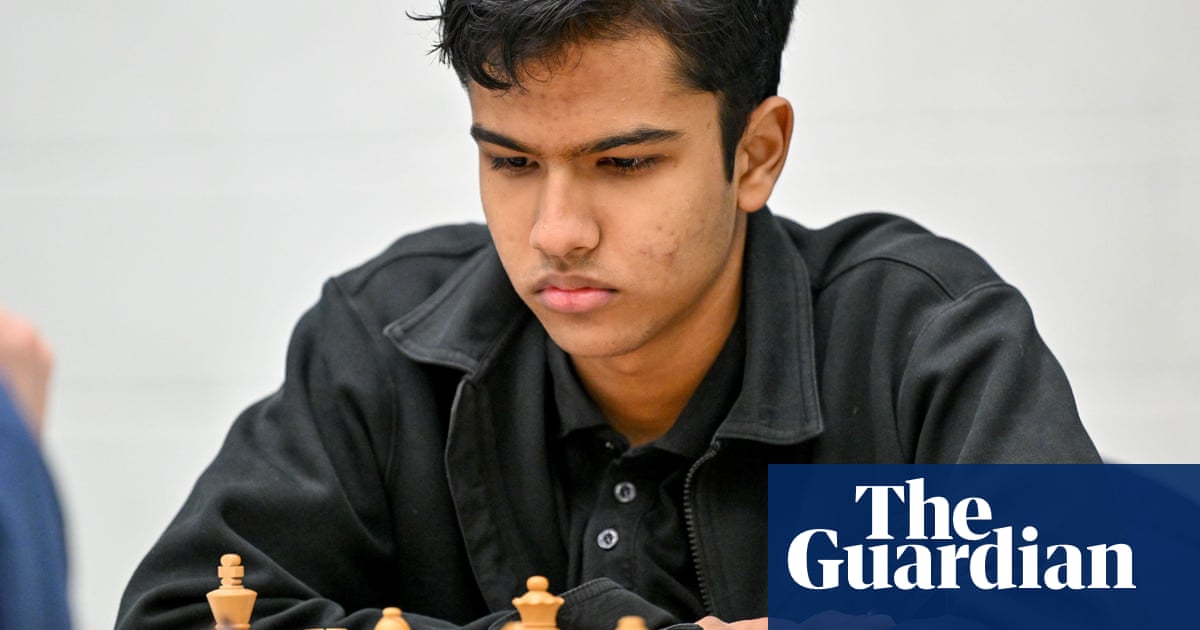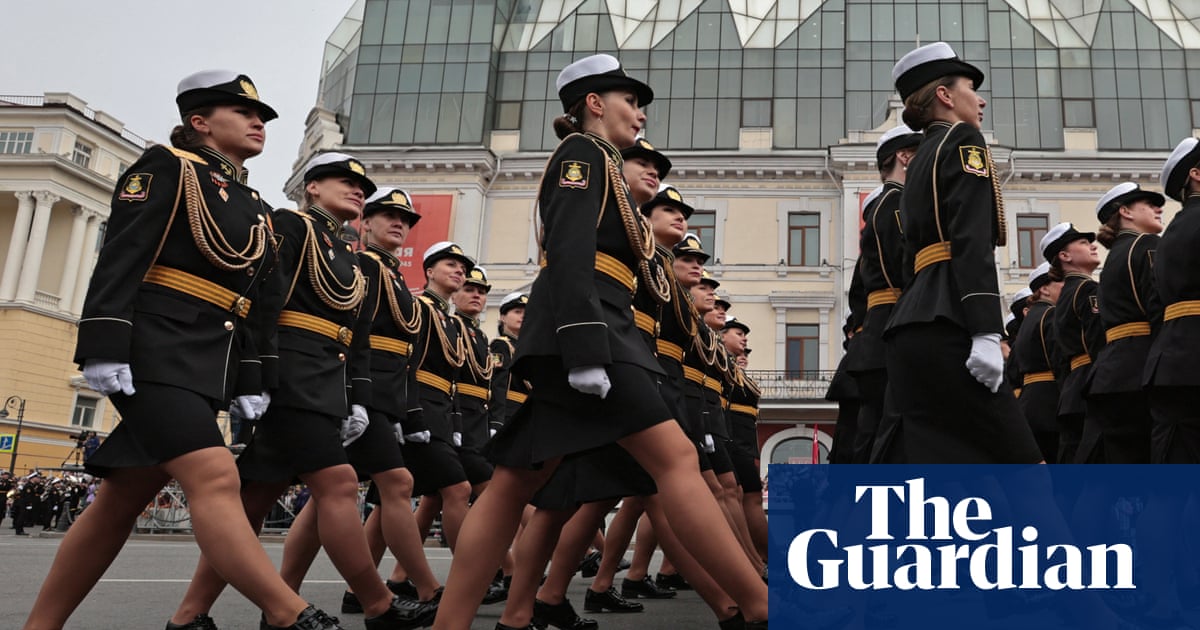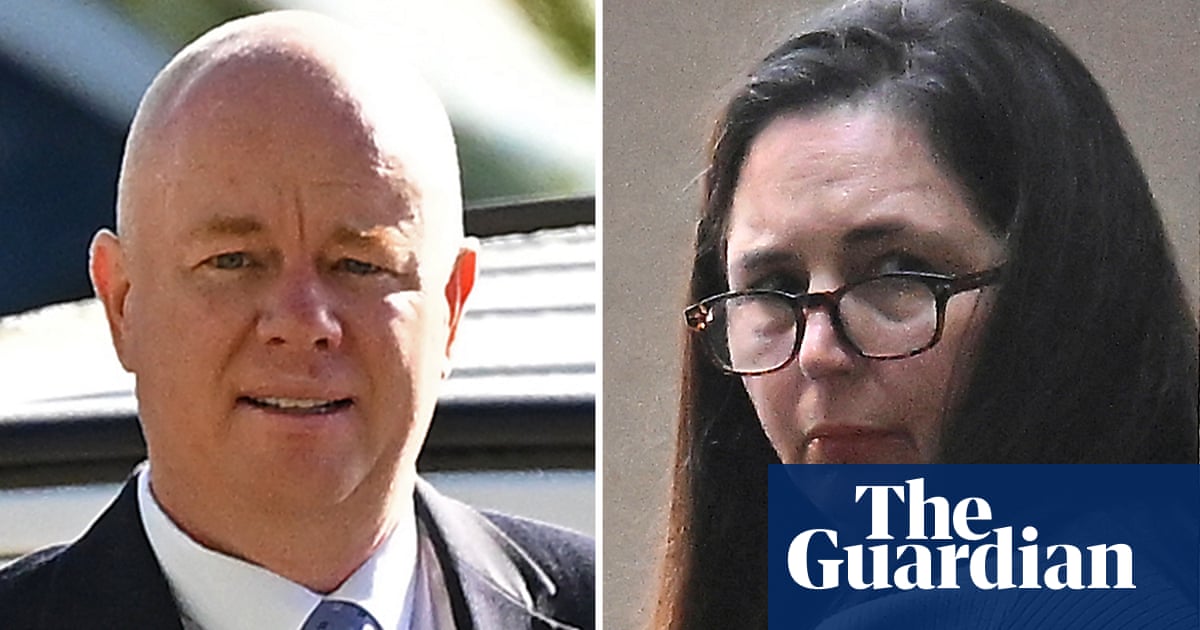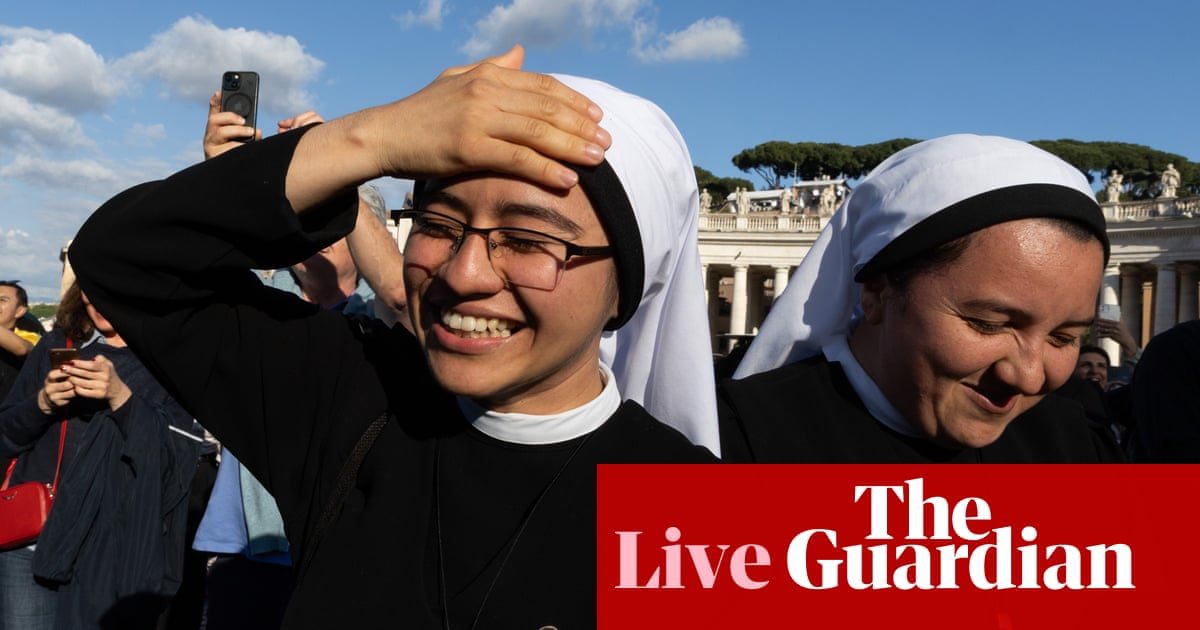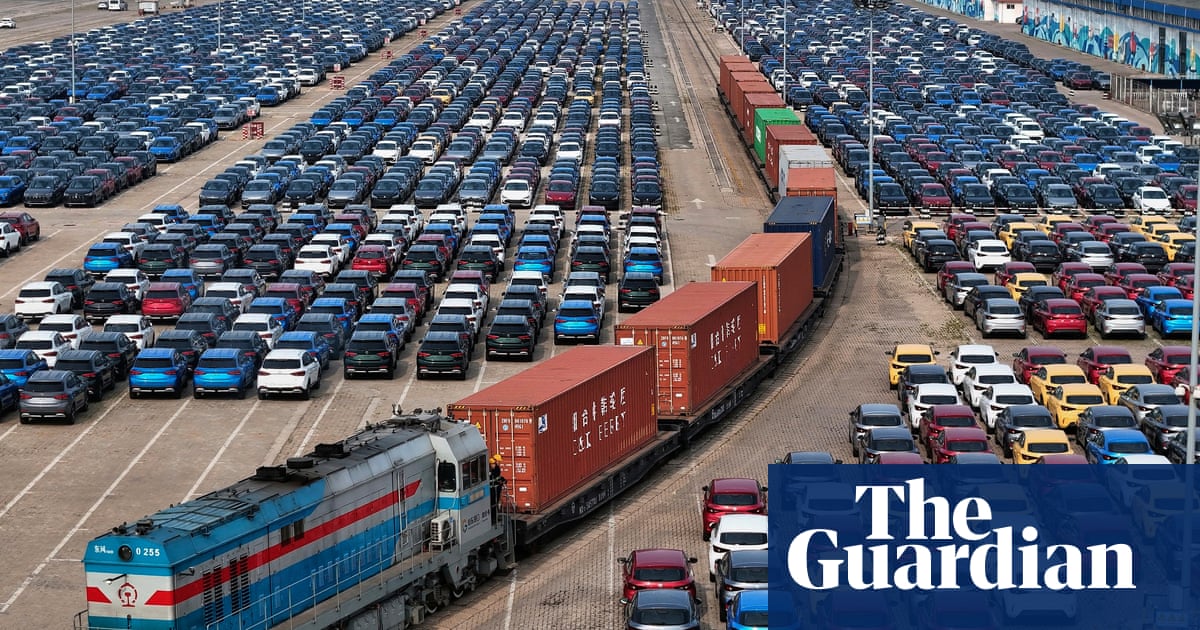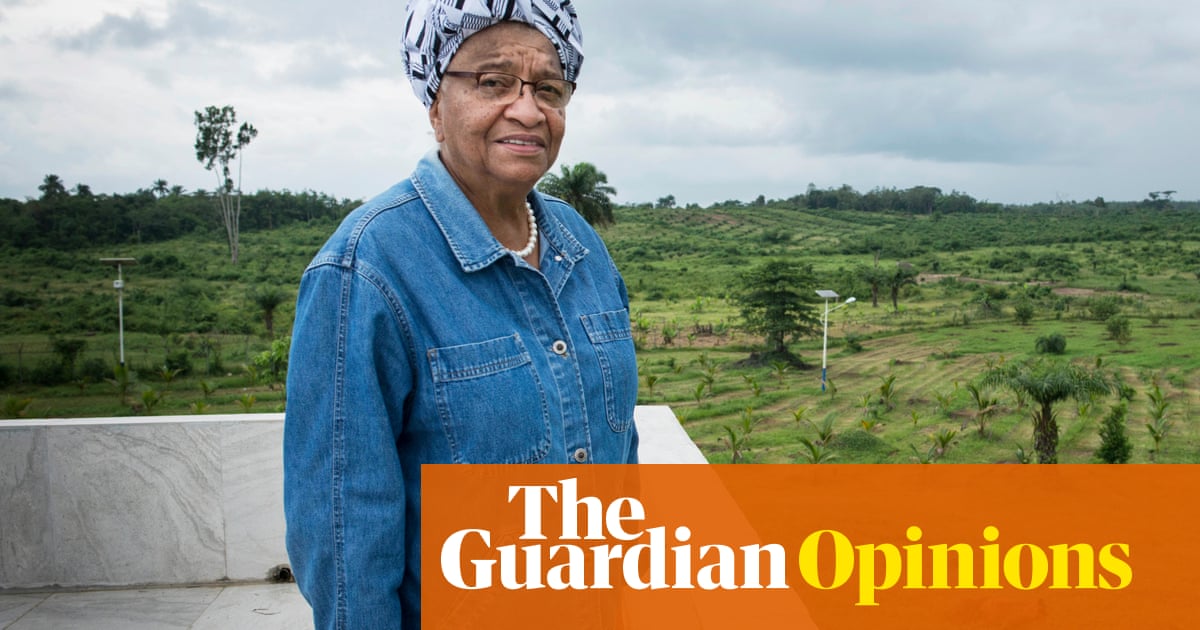South Korean presidencies have often ended badly. Office holders have been assassinated, ousted and impeached. Former leaders have faced corruption investigations and sometimes lengthy prison terms.
Yoon Suk Yeol has nonetheless set a precedent as the first president to be arrested in office. Accused of insurrection over his short-lived attempt to impose martial law, the former prosecutor has swapped his suits for the standard khaki uniform of a detainee. In a piquant detail, the man who led his country’s first impeachment of a president, Park Geun‑hye, has also been impeached himself. His powers are currently suspended.
On Tuesday, he denied ordering troops to remove lawmakers from the national assembly building, contradicting the testimony of a military commander. His lawyers claimed the point of the martial law announcement had merely been to “sound the alarm” over what they described as abuses of the political system by the opposition Democratic party. The declaration held for just six hours. But the fallout is likely to convulse South Korea’s politics for months, and deepen the economic travails and security uncertainties it faces, especially given Donald Trump’s return to the White House.
In a riot with alarming parallels to the January 6 attack on the Capitol in the US, far-right supporters of Mr Yoon stormed a Seoul court building at the weekend, hunting for the judge who issued the warrant for his arrest last Tuesday. While democratic safeguards have mostly worked, the reluctance of Mr Yoon’s People’s Power party colleagues to back impeachment, and the fact that security agents initially blocked his arrest as he holed up in the presidential compound, are also concerning.
South Korea’s political and economic development has been almost miraculous. From the ashes of colonialism and war, a phoenix has risen. The immense sacrifice of activists later saw decades of dictatorship give way to a thriving and combative democracy. But younger people are disenchanted by soaring inequality and intense competition. A digital pacesetter and economic and cultural powerhouse has proved fallible in other ways. December’s Jeju Air crash, which killed 179 people, and other entirely avoidable disasters – the Sewol ferry sinking, which killed mostly schoolchildren, and the Itaewon Halloween crush, which killed mostly young people – have also raised questions about governance.
In a country where politics were already highly personalised and extremely polarised, the largely negative campaigning of the last election was seen as a new low. Gender and generational cleavages have joined the traditional regional divide and a left-right split rooted not in issues such as taxation but “history, ethnic identity, and the division of Korea itself,” in the words of one author.
Underlying this disillusionment and anger, however, remains a strong sense of the bloody cost paid for democracy and the need to defend it. It took mass protests against what was seen as a culture of corruption and impunity to remove Ms Park from office eight years ago, and crowds rushed to defend the national assembly following Mr Yoon’s martial law announcement. South Korea can be rightly proud of its progress. But the events of recent weeks demonstrate that there is further to go – and that politicians must be as committed to democracy as those they are supposed to serve.

 3 months ago
53
3 months ago
53








